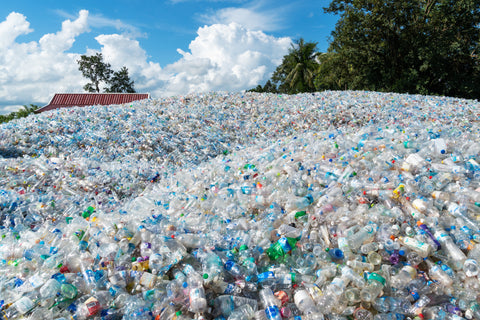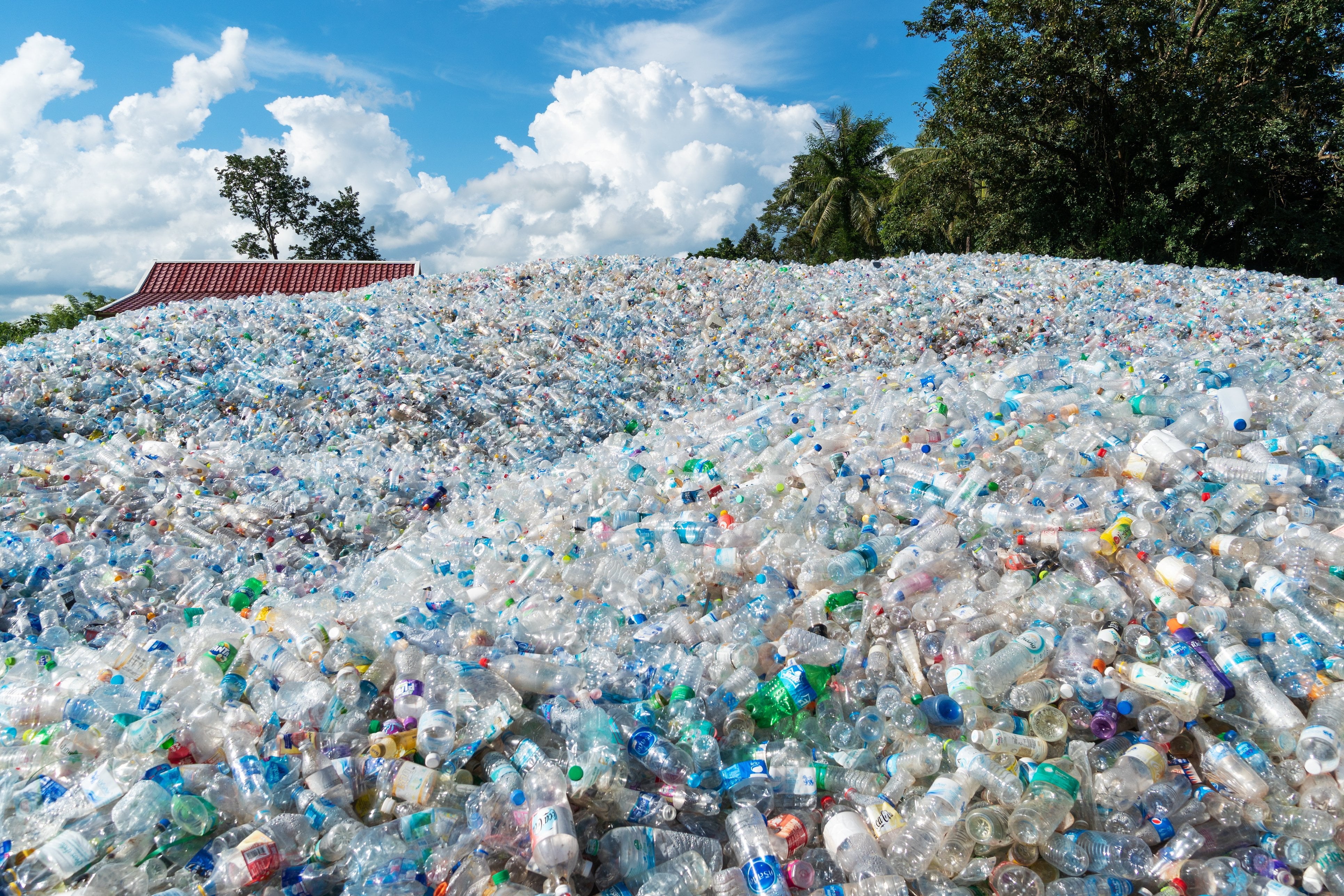
Everyone has an interest in keeping the Earth's environment as clean and functional as possible, since all people live on the planet and depend on it for their comfort and survival. While it is true that we are often forced to take shortcuts in daily life that are less than ecologically sound, due to constraints of time, money, and convenience, getting a water filter is a method that improves your health and well-being, is more convenient, and is good for the environment, too.
In the absence of a good water filter, you have basically two options only. To drink the water straight from the tap, or to drink bottled water, are the only alternatives to filtering water for your consumption. Drinking straight from the tap puts no additional burdens on the environment, but does put you at risk in both the short and long term.
Drinking bottled water, as many people do, as a solution to the risks of waterborne pollutants, carries its own share of risks and downsides. Though controversial, there is some evidence that BPA and other plastic chemicals leach out of the bottles into the water they contain. This acts like estrogen, disrupting the hormonal systems of people who drink more than an occasional bottle of the contaminated water.
The effects of bottled water production
Production and transportation of bottled water is itself environmentally catastrophic. The water is pumped out of lakes and aquifers which also keep important areas of agricultural land watered, increasing the risk that large swaths of vitally needed farmland will eventually dry up and become arid or semi-arid (as happened near the Aral Sea when the Soviets pumped it dry to grow fields of cotton). The low water levels of the Great Lakes may be partly due to bottled water production.
Manufacturing water bottles uses up petroleum, releases carbon dioxide, and adds more chemicals to the environment. Even worse, water is extremely heavy, so large amounts of fossil fuels are burned moving bottled water to its destination. This is particularly unfortunate because the water is used up almost instantly after being bought, meaning that the carbon footprint of each swallow of bottled water the buyer takes is enormous.
Garbage and plastic islands
Landfills are full of the empty, transparent husks of discarded water bottles, adding to waste disposal problems. Furthermore, many bottles are thrown from car windows, discarded on the ground, or tossed into a nearby watercourse when emptied.
These bottles often find their way to the ocean along the river system, where they disintegrate into flakes or chips. These form floating “islands” of plastic which damage the ocean ecosystem, kill fish (that humans may need for food) and birds, and inflict various other damage on the environment.
Water filters to the rescue
Though water filters certainly aren't a perfect solution, since they, too, are made of plastic and must be moved to their final destination, they are hundreds of times more ecologically efficient (and don't fill your water with estrogen equivalents, either). A water filter lasts for years, perhaps decades, and may be partly made of metal in any case. A miniscule amount of plastic is used to make the filter, compared to the equivalent in water bottles.
Though the cartridges need to be replaced, this is also infrequent, and the environmental footprint is much lower. Water is brought to the filter by pipe from the local water utility, rather than being pumped from crucial aquifers, lakes, or rivers and then transported for hundreds or thousands of miles by rail and truck. The water itself is higher quality and much safer to drink – underlining how superior water filters are both for you and the environment.


Share:
Naturally Occurring Arsenic is a Major Health Threat
Shower Filters for Healthier Living